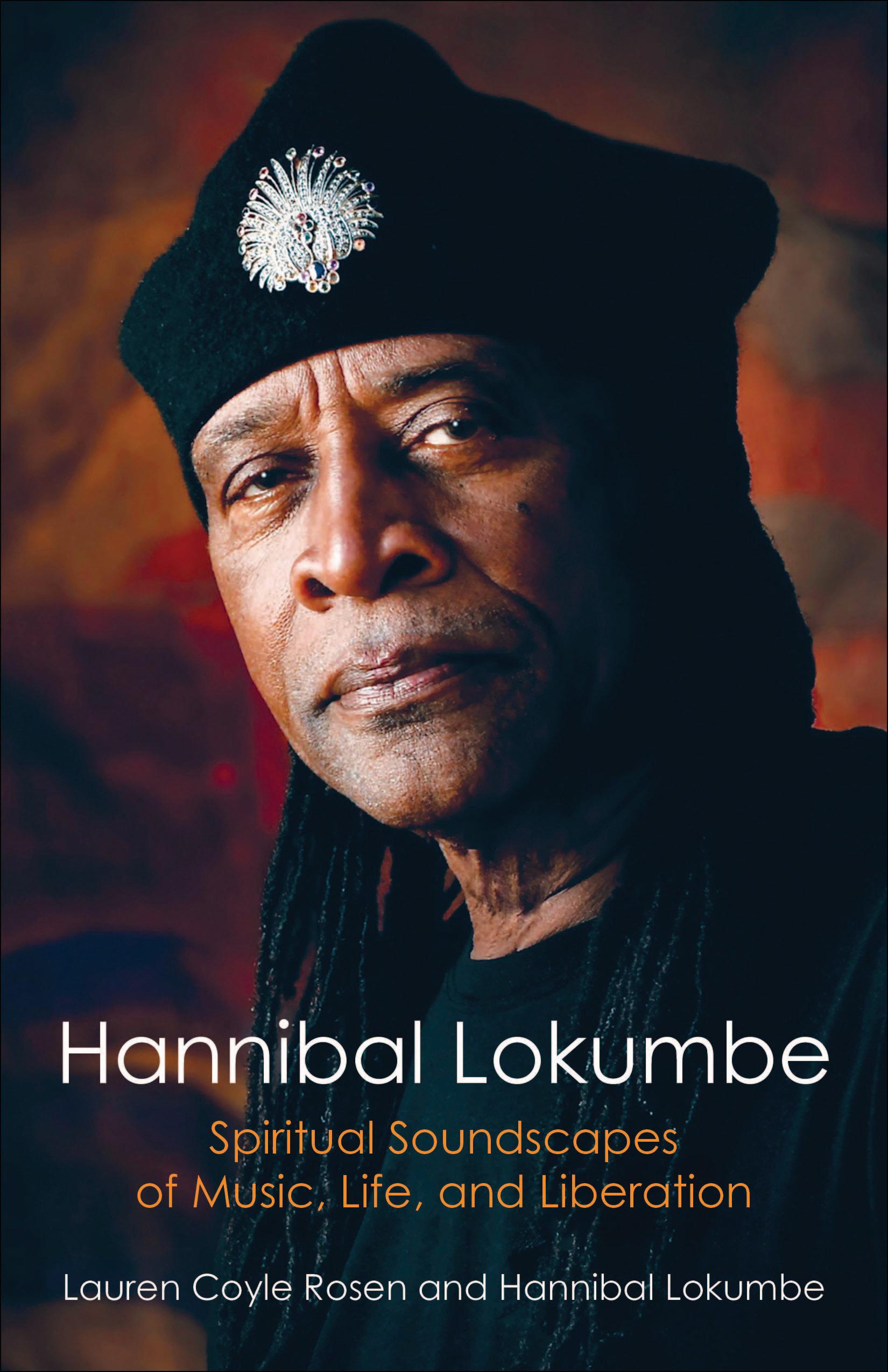
Later, I asked Hannibal if he would like to share anything for this book about his brushes with death during the composition. He replied with an expression of gratitude for the work.
“I don’t know anything that makes me appreciative of living more than having something for which I would gladly die. And you see, it’s not just The Jonah People, it’s Children of the Fire,” he continued, referring to his early composition from the late 1970s, the tribute to Dr. Kim Phúc Phan Th (“the girl in the picture,” running in terror from a napalm bombing). “It’s all the same. They all introduced me to each other.”
In the time I have known him, and throughout his decades of voluminous and intricate journals that he has shared with me, Hannibal has always emphasized the beauty and truth of the music he is given. He views the attacks by the Beast, or evil, as an inevitable part of the journey.
“The Beast does not want healing.”
The Beast will approach Hannibal through spiritual and human forms.
“Those people who have lost their own strength or their own power as a human will seek to destroy that same power in others. They try to take it from others, but if they can’t take it, they just destroy it.”
And these forces of destruction have approached him during all of his time working, during every assignment and piece throughout his life. In fact, they have approached him ever since he was five years old, when he first encountered the force of sheer negativity coming through the eyes and voice of a woman working in the soda shop who told him he could not eat his ice cream at the counter on account of his skin. It was his fifth birthday, and his mother had taken him into town in Bastrop, Texas, for the first time. They were going to get ice cream to celebrate. His mother encountered an acquaintance and started
talking. Hannibal ran ahead and jumped up to sit at the counter, not knowing he was not allowed to do this on account of his race. The woman then berated him with the force of destruction.
“It was the first time I ever realized that the Beast could be inside of a human,” Hannibal remembered. “I went and told my mother I wanted to go straight to the river, instead of getting the ice cream. She asked me what was wrong. I told her I just wanted to go to the river. I always felt better at the river.”
It was not only what this woman said, Hannibal recalled, but also the evil that coursed through her as she said it. He instantaneously felt it, and he shook in terror that such a force existed. It has never stopped trying to approach him since and often tries through many mechanisms and people to interrupt and thwart his musical creations.
“It’s because everything I’ve ever written has carried the same intent and purpose,” he said, referring to his central aims of healing and spiritual liberation in all he does. “I think that, when I write music, my greatest desire is that I can give people that place to go when they need to go and have their existence be affirmed. I want to give them a space, a place, where they can go and feel whole and not feel condemned or judged. That’s really what it is.”
Hannibal added that he wishes for his music to serve as a portal through which people’s spirit can travel to the eternal garden that he knows from his co-residence in spirit. This is the medicinal and liberating capacity of his spiritual soundscapes, which he offers as sonic meals in all of his musical works.
“I want everyone to find their garden. I want my music to provide a garden, to be that place by the river, the mountaintop, or wherever they need to go to get respite.”
For Hannibal, heaven and hell are ever-present in all spaces on Earth and in all so-called times.
This book is a vital portrait and spiritual biography of the pathbreaking orchestral composer and visionary jazz musician Hannibal Lokumbe. It demonstrates that Lokumbe’s compositions are multisensorial spiritual soundscapes that aspire to chronicle, heal, and liberate.
“Holy.”
—SONJA SANCHEZ, poet and author
“The beautifully written, inspiring, compelling, and transformative account of the living journey of a spiritually evolved human being. He (like I) has faced demons and realizes that only forgiveness and hope can sustain humanity. Hannibal, thank you for it.”
—DR. KIM PHÚC PHAN THI . , UNESCO goodwill ambassador for peace and “the girl in the picture”
“It’s just plain outright powerful.”
—CAROLE HAAS GRAVAGNO, philanthropist
“An instant classic. This book is a must-read for all those who hunger for truth, understanding, and justice. It is a balm for the sin-sick soul and a testimony layered with musical, lyrical poeticism and wisdom of the sages.”
—STEVE PRINCE, Muscarelle Museum of Art, William & Mary University
“Hannibal Lokumbe is quite an amazing entity! May this book go forth to inspire as does his music, and may he and his work live forever.”
—AUDREY N. GLICKMAN, shofar player and author of Pockets: The Problem with Society Is in Women’s Clothing
LAUREN COYLE ROSEN is a cultural anthropologist, artist, and author of Fires of Gold, Law in Light, and seven volumes of poetry and art.
HANNIBAL LOKUMBE is an award-winning composer, jazz musician, poet, author, and educator whose career spans over six decades. In addition to more than 150 musical compositions of various genres, he has published three volumes of poetry.
Cover design: Milenda Nan Ok Lee
Cover photo: Randy Kerr
